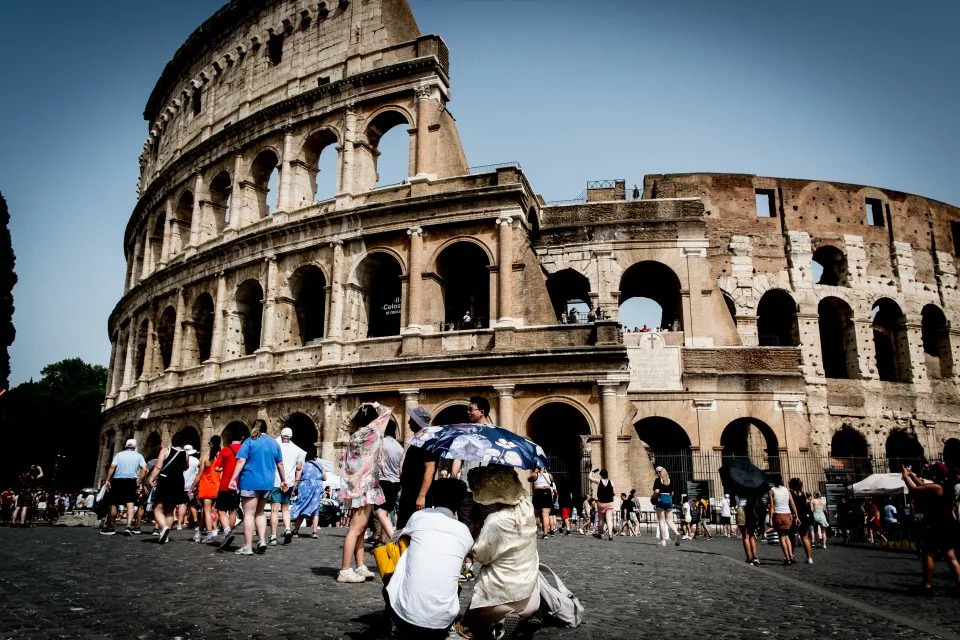Italy is mulling a €25-a-night tax for tourists staying at its most expensive hotels to turn overtourism into economic gain
It feels great to be popular—until the fame gets out of hand. That’s become Italy’s battle this summer.
With hundreds of millions of tourists flocking to the sunny European destination this summer, the uptick seems relentless. It’s now become a source of public anger across the region.
Some of Italy’s most sought-after cities, such as Venice, have tried to address the issue with an entry fee and measures to curb big groups of visitors .
While it’s early to gauge the success of those measures, the country looks determined to turn a corner on its overtourism problem. Its solution? Jacking up the fees tourists pay when staying at Italy’s most expensive hotels.
The Italian government is mulling a hotel tax of up to €25 a night, the Financial Timesreported Friday, to achieve the dual goals of deterring some visitors while filling cities’ coffers.
The measure will add to the existing tax in cities like Venice, where a charge of between €1 to €5 already applies to overnight stays. Those levies could go higher in Rome and are aimed at safeguarding the legacy and improving the quality of services amid higher demand, according to Venetian tourism’s official website .
If the new proposal kicks in, it’ll have different tiers—for instance, the cheapest room will be charged €5, whereas rooms that cost over €750 a night will face €25 in fees, according to documents seen by the FT .
The move could, in theory, bring in generous revenues for municipalities. Part of the funds would be used to tidy up cities by improving trash collection.
However, tourism industry bodies are concerned that the potential fee goes too far to the point of disincentivizing visitors.
“If we scare travelers who come to us by giving the impression that we want to take what we can, we are not doing a good service to the country,” Barbara Casillo, the head of hotel industry representative Confindustria Alberghi, told the outlet. “We must be very careful.”
The trend of overtourism has gripped much of Europe—and specifically, Italy—this summer. The likes of Amsterdam have also sought to clamp down on it by imposing a future ban on cruises . The mayor of Athens has spoken out of about tourism in the city not being economically viable as it stands today. Affordable travel and accommodation options have spurred this trend over time, experts toldFortune .

This, coupled with Italy’s sky-high public debt at 140% of its GDP, has put pressure on the government to ease its burden. Tourism, being one of Italy’s key industries, could be a way to do it. Airbnb has started collecting and remitting taxes on behalf of its short-term rental properties as of this year.
The additional fees are only fair so tourists become “more responsible” as legions visit Italy annually, tourism minister Daniela Santanche wrote in a social media post.
“Not all taxes are a tax,” she said.
Still, policies addressing mass tourism must tread a fine line between making monetary gains and allowing hospitality and tourism to flourish.
“The sector is making an important contribution to the country's economy, especially with the growth of international travelers, after the difficult years of Covid,” Confindustria Alberghi’s president Maria Carmela Colaiacovo said in a statement earlier this month.
“But foreign competition is strong and fierce, we need careful policies that do not compromise the competitiveness of our businesses and our destinations. We cannot be a mere ATM for municipalities.”
Italy’s tourism ministry plans to discuss the tax proposal and possible modifications to it with industry bodies next month.
The Italian tourism ministry didn’t immediately return Fortune ’s request for comment.

